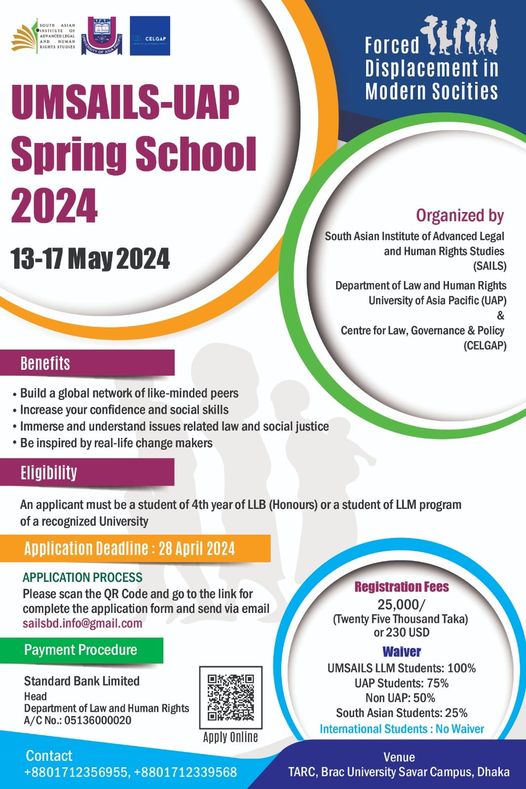
Extramarital affair is an immoral relationship with another man or woman despite having a married life. In our society, even in law and religion, this extramarital affair has been termed as an ‘illegitimate’ affair. Where argument, intellect, judgment are repeatedly defeated, emotion prevails, “extramarital affair” is born. No matter how we think about adultery, it is true that adultery has taken the form of an epidemic in the present situation. Extramarital affairs is also the source and provocation of further crimes like murder, grievous hurt and physical abuse. Sometimes it affects the child. Separation or divorce happens as a result of which the children become mentally deranged. An extramarital affair is never a personal problem. This personal problem has familial, social and national dimensions. It does not take into account how easily a family is being destroyed, how many men or women are choosing the way of suicide. An extramarital affair is undoubtedly a deception. Every day we see thousands of such news, the main reason for which is “extramarital affair”.
Under Bangladeshi law, “adultery” is a criminal and bailable offense. Section 497 of the Bangladesh Penal Code 1860 has the punishment for adultery. The provision states that if a man has sexual intercourse with a woman without the consent of her husband, despite knowing or believing in another man’s wife, the person will be liable for adultery. Any imprisonment term up to five years can be imposed with rigorous or non-rigorous imprisonment or fine or with both. In this incident, the wife cannot be punished as abettor. However, the surprising thing is that the law does not provide any punishment for women in adultery. There is no provision for punishment for a woman who supports and incites adultery.
In a landmark case, the supreme court of India declared section 497 as unconstitutional in 2018.In that case, it is decided that adultery is no longer a ‘criminal offence’, it will be considered as ground for divorce. This judgment completely ignored the whole aspects of adultery. Instead, it is required to introduce equal penal laws for reducing this crime.
Article 7 of the Constitution of Bangladesh states that the Constitution is the supreme law and any law against the constitution will be void. Section 497 of penal code 1860, enumerated during British rule in 1860, conflicts with Articles 19, 26, 27, and 32 of the Constitution of Bangladesh. Section 497 gave the exclusive right to husband to prosecute his wife’s partner, a similar right was not conferred on a wife to prosecute the woman with whom her husband committed adultery. In this particular offence, men and women have been considered separately. It is arbitrary and discriminatory in nature which is insulting for a woman as well. Secondly, this provision did not confer any right on the spouse to prosecute each other for adultery. It needs necessary reformation. Because of this, The High Court Division of Supreme Court of Bangladesh, has issued a rule asking why section 497 of the Penal Code relating to adultery should not be declared unconstitutional. This writ petition has been filed in the High Court division in 2019.
Most of the time this section is often misused, and an innocent person has been harassed and accused of adultery due to ignorance. We see many cases where the wife is involved in an extramarital affair with another man but in the end, the wife apologizes to her husband. And she claims in court that she had no consent, her boyfriend who misled her. There has been a lot of creativity in the literature about extramarital affairs, page after page has been written, but nowhere is the cause of extramarital affairs clearly stated. Due to extramarital affairs, husband and wife are separated, family is broken, and no one is respected in the society. A family is the foundation of the future generation. If the foundation is shaky, the next generation will also be vulnerable. Adultery is a curse for society and family. It tends to create many sorts of disorder in society. There can be many issues, questions, answers, arguments about why adultery happens, but none of them can be the actual reason, because the one who is involved in adultery cannot analyze why it happened. It is very important to arrange counselling facilities to prevent this offence. There are various types of therapy available for this in the developed countries. This offence can be rooted out from society by incorporating moral and religious values in education. To create a deterrent effect, the penal law relating to adultery needs to be updated for restoring gender equality which is mandated in the constitution.
– Zannatun Sharaban Tahura
Student, Department of Law and Human Rights, University of Asia Pacific.



